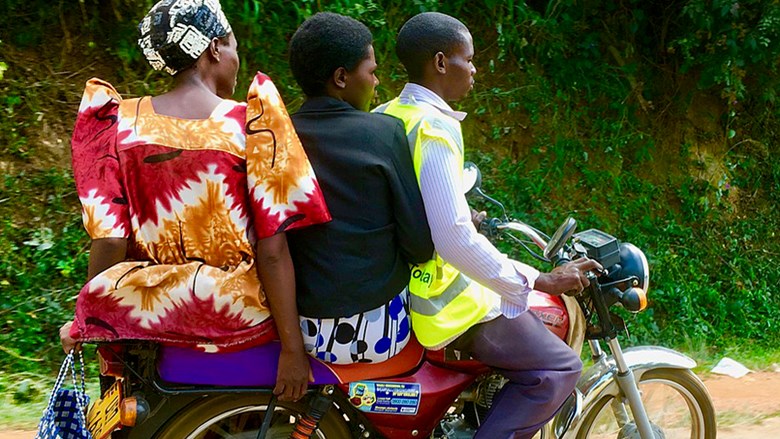Social dialogue and informal workers: What we can learn from 8 success cases

Mondiaal FNV presents a research on successful social dialogue practices of informal workers.

Photo: Uganda: boda boda taxi - Sal Roux/wikimedia ommons
There is no one-size-fits-all when it comes to improving the working-conditions and livelihoods of informal workers and the issue of social dialogue. Despite the diversity, this research -Social dialogue and informal workers: What we can learn from 8 success cases- had the task of deriving overarching insights based on a comparative analysis of 8 case studies of successful social dialogue practices.
We looked into informal workers in the informal sector (Uganda, Ghana and India), in the formal sector (Colombia, Indonesia and Rwanda and Nepal) and in households (Peru); with sectors comprising large numbers of female workers (Ghana and Peru) as well as those that are male dominated (Colombia, Rwanda, Uganda, Nepal, Indonesia and India). The case study from Indonesie is pending. As soon as it is available, we will publish it on this page.



